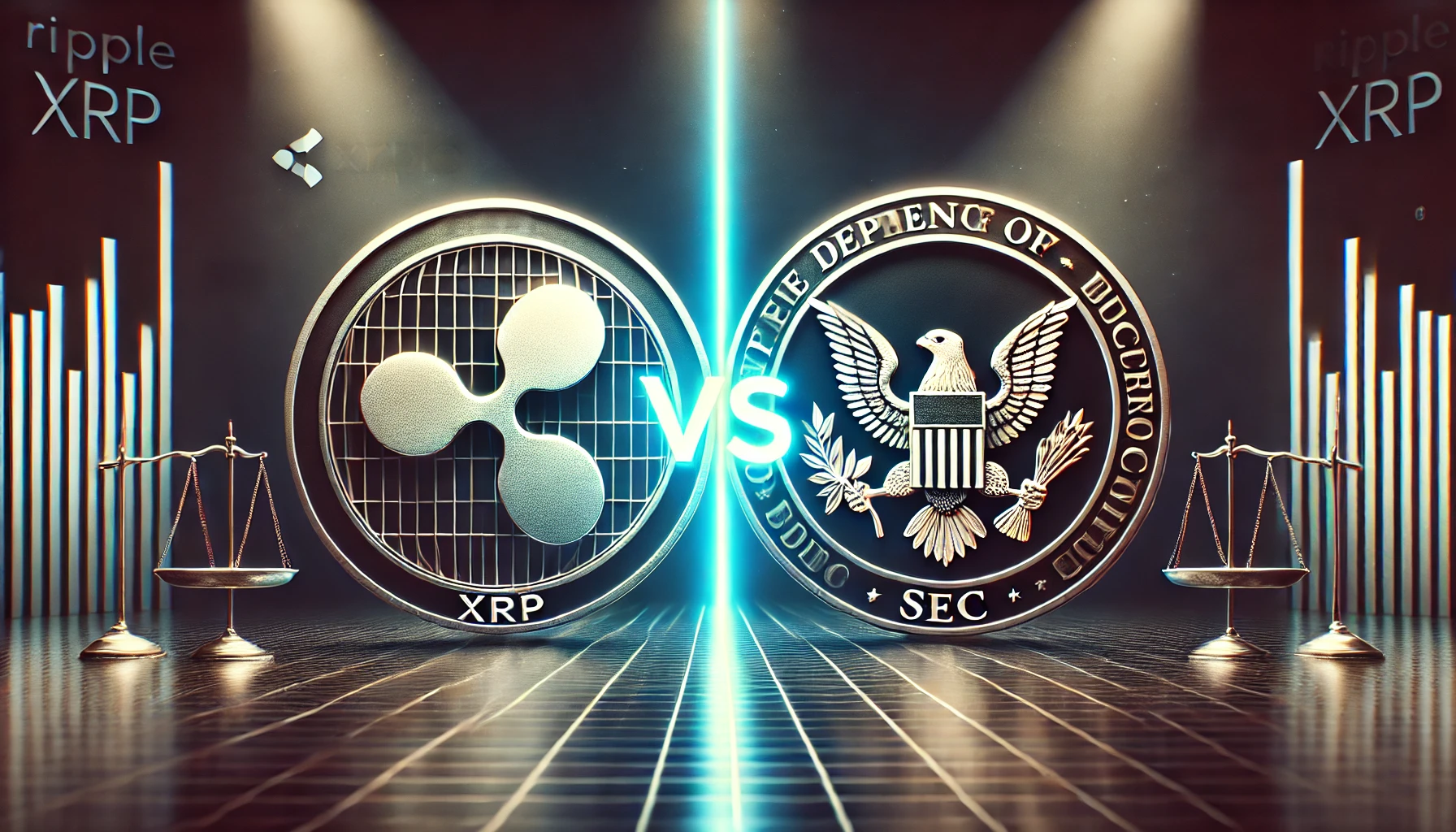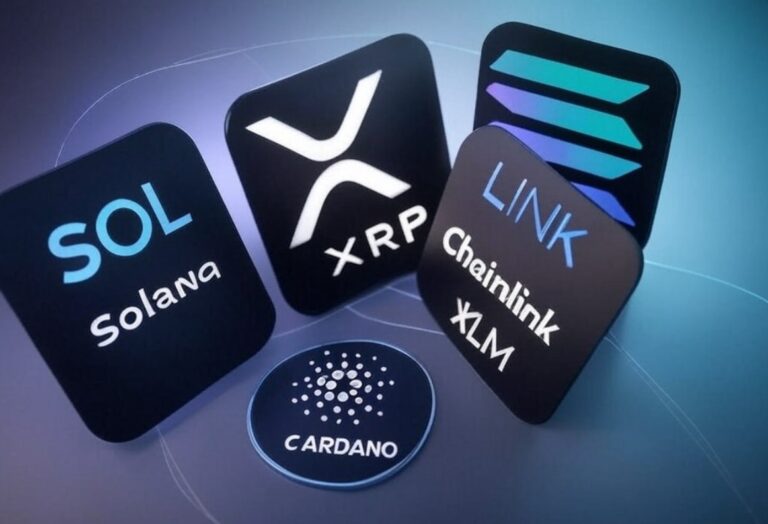How Long Will the Ripple (XRP) vs. SEC Legal Battle Drag On? Analysts Weigh In on the Verdict Timeline

The ongoing legal battle between Ripple Labs and the U.S. Securities and Exchange Commission (SEC) has captivated the cryptocurrency world for nearly four years. The case centers around the SEC’s lawsuit against Ripple, alleging that the company’s XRP token constitutes an unregistered security, thus violating federal securities laws.
As analysts give their verdicts on the case, the battle looks to unfold under President Donald Trump’s administration, whose pro-crypto stance has reignited debates about the role of regulation in the ecosystem.
The Background of the Case
The lawsuit began in December 2020, when the SEC filed charges against Ripple Labs, its executives, and its sales of XRP. The SEC’s primary claim is that XRP functions as an investment contract and thus should be regulated under securities laws.
Ripple, however, argues that XRP should be classified as a currency, not a security, positioning it outside the SEC’s jurisdiction. After the SEC filed its lawsuit against Ripple, XRP’s price dropped significantly as exchanges like Coinbase suspended trading of the token.
Key Legal Developments
During the early days of the case, Ripple argued it lacked “fair notice” of XRP being classified as a security. Discovery battles over the SEC’s internal communications caused months-long delays, as Ripple sought evidence of inconsistent regulatory treatment compared to Bitcoin and Ethereum.
On July 13, 2023, a judge ruled XRP is not a security in retail sales but may be one in institutional sales. The SEC appealed the decision, prolonging the case further.
In January 2025, the SEC argued in its opening brief that XRP transactions should not be treated differently between institutional and retail sales.
Analysts Weigh on the Verdict of the Lawsuit
Analysts and crypto enthusiasts have given their take on the battle between SEC and XRP, with many analysts having differing opinions on the timeline for a final verdict.
John Deaton, a prominent lawyer and the founder of CryptoLaw, who has closely followed the case, said in an interview with Digital Perspective that the case might be dropped if stablecoin legislation is enforced in Congress. That will specify the rules of a security and a commodity.
Deaton, who represents thousands of XRP holders, suggested that a final decision could come within the next 2 years, particularly if the judge’s upcoming ruling on summary judgment is in Ripple’s favor.
Other analysts have a less optimistic view on the timeline, predicting that the case could drag on much longer, potentially until 2026 or beyond. These predictions are based on the history of SEC lawsuits and the highly technical nature of the case.
“This lawsuit could take years. We’ve seen similar cases involving the SEC take far longer than expected,” said Charles Hoskinson, the founder of Cardano, in a recent interview with CoinDesk.
This sentiment is echoed by legal experts like Jake Chervinsky, the general counsel for the Blockchain Association, who has often commented on the SEC’s regulatory stance. “The SEC is motivated by policy goals, not just enforcement,” Chervinsky wrote in a tweet.
Adding, “Expect the agency to drag this out as long as possible, especially when their regulatory ambitions for the crypto space are at stake.”
Factors That Could Affect the Case Verdict.
One of the most significant variables is the outcome of ongoing motions and legal strategies employed by both Ripple and the SEC. There are also concerns about potential appeals, which could stretch the case into 2026 or beyond.
Another wildcard in the process is the potential involvement of Congress. Recently, there have been discussions around the need for comprehensive crypto regulations in the U.S., and some believe that Congress could step in and clarify the legal status of tokens like XRP, which might bypass the court process.
The Broader Implications for the Crypto Industry
As of January 2025, the case remains unresolved. The outcome will have significant implications for the future of cryptocurrency and with the U.S. government grappling with how to regulate digital assets.
The outcome of this case could set the stage for future legal decisions regarding other cryptocurrencies. This may spur both sides to seek a settlement rather than risk the case dragging on indefinitely.






